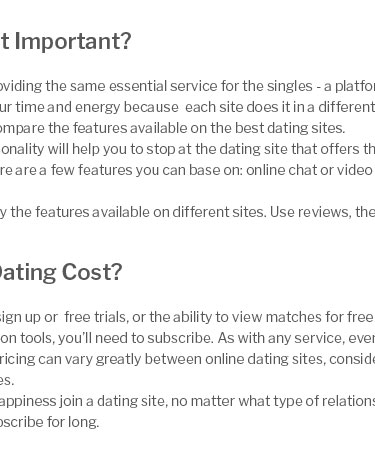 |
 |
|---|
|
|
|
|---|---|
 |
 |
 |
 |
|---|---|
 |
|
 |
|
 |
|
 |
|
 |
|
 |
|
 |
|
 |
|
 |
|
 |
|
 |
|
 |
 |
 |
|---|
one night stand meaning explained clearlyBasic definitionA one night stand is a consensual intimate encounter between adults with no expectation of commitment or continued connection. It centers on shared desire in the moment and ends without obligations. Clear consent is non-negotiable. How it differs from ongoing casual connectionsUnlike a recurring casual arrangement, the intention here is a single encounter without plans for repetition or relationship building. Motivations and expectationsCommon motivations
Expectations to set early
No obligations, no assumptions. Pros and cons analysisPotential benefits
Potential downsides
Consent, safety, and respectEnthusiastic, informed, and reversible consent is essential at every step; either person can pause or stop at any point. Communication checklist
If you choose to connect through platforms such as hookup singles, apply the same standards: verify, communicate, and prioritize safety. Meeting people responsiblyWhether through social spaces or apps, meet in a public setting, tell a trusted person your plan, and trust your instincts. Bring your own protection and keep personal details minimal until trust is earned. Digital etiquette and privacyUse strong privacy settings, avoid sharing identifying details, and turn off location features you don’t need. Ask before sharing any story or image involving someone else. Some people use discovery tools like get laid near me to find local matches; apply strict consent, verification, and privacy practices. Myths vs realityCommon myths
Realities
Aftercare and emotional check-inNotice how you feel, hydrate, rest, and reflect on what worked or didn’t. If contact afterward was agreed upon, follow that plan; if not, respect the boundary. Legal and ethical considerationsEngage only as consenting adults. Never pressure or coerce, and avoid participation under impairment. Respect local laws regarding privacy and sexual conduct. Alternatives if unsure
FAQ
https://www.dictionary.com/browse/one-night-stand
One-night stand definition, a single performance in one locale, as by a touring theatrical company, before moving on to the next engagement. See more. https://www.merriam-webster.com/dictionary/one-night%20stand
One-night stand definition is - a performance (as of a play or concert) given (as by a traveling group of actors or musicians) only once in each of a series of ... https://www.liveabout.com/what-is-a-one-night-stand-1021889
22 Feb 2018 ... Whether in movies, on TV or IRL, you may have heard the expression, one-night stand, and are wondering what it means. There's also the ...
|
|---|